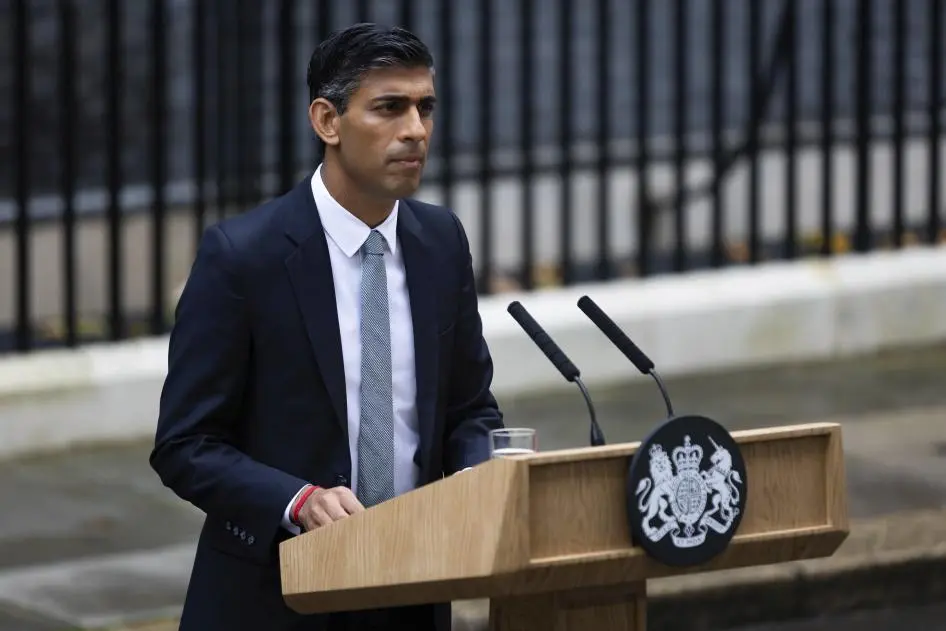For decades, London was the undisputed magnet for global wealth. From Russian oligarchs to Middle Eastern royals and Asian tech billionaires, the UK capital was a safe haven for luxury living, financial secrecy, and elite real estate. But as of 2025, the shine is wearing off. London is no longer the go-to European city for the ultra-wealthy—and the reasons go far beyond Brexit.
1. A New Era of Transparency and Regulation
One of London’s key draws was its discreet banking, light-touch regulations, and favorable tax structures. That’s changing:
- The UK has tightened anti-money laundering laws and increased scrutiny on foreign property ownership.
- The government introduced a register of overseas entities, forcing foreign buyers to declare the true owners of assets.
- “Non-dom” tax perks, which allowed wealthy foreigners to shield offshore income, are being phased out.
This has prompted many high-net-worth individuals (HNWIs) to look for more discreet or tax-friendly alternatives.
2. Real Estate Exodus: Prices Falling, Taxes Rising
Prime Central London real estate once boomed on the back of foreign capital. Now?
- Demand has dropped significantly in elite neighborhoods like Knightsbridge, Belgravia, and Mayfair.
- Stamp duty increases, especially for foreign buyers, have made investing in London property less attractive.
- Several billionaires have quietly offloaded luxury homes, redirecting investments to Paris, Milan, or Dubai.
In fact, property prices in some of London’s wealthiest postcodes have dropped by over 15% in just two years.
3. Brexit’s Long Shadow
The UK’s departure from the European Union fundamentally altered its appeal:
- London lost its status as the financial gateway to Europe, leading banks and investors to shift parts of their operations to Frankfurt, Amsterdam, and Paris.
- Ultra-rich Europeans now prefer cities within the EU bloc, where freedom of movement and business is smoother.
The symbolic power of London as the capital of Europe’s elite has simply faded.
4. Political and Social Shifts
The UK’s political climate has grown more populist, and Londoners themselves have grown weary of billionaire-driven inequality:
- A growing narrative among locals is that “the city is not for sale anymore.”
- Social pressure and activism have pushed back against foreign wealth inflating the housing market while contributing little to the economy.
- The Labour Party, leading in the polls, has promised even tougher wealth taxes and a crackdown on elite tax avoidance.
This climate makes London feel less like a welcoming luxury enclave, and more like a battleground for economic reform.
5. The Rise of New Wealth Hubs
While London cools, other cities are heating up:
- Paris has seen a surge in luxury property deals and high-net-worth residents returning.
- Milan is attracting fashion and tech wealth.
- Dubai and Singapore are booming as tax-free, investment-friendly alternatives for global elites.
- Zurich and Geneva continue to offer security, discretion, and stability.
Conclusion: End of an Era
London remains a global capital—but it’s no longer the preferred base for billionaires. Regulatory pressure, political rhetoric, and shifting global wealth flows have changed the game. The city may now prioritize affordability, transparency, and public trust over secretive opulence.
As one former hedge fund manager recently put it:
“London isn’t dying. But it’s no longer Europe’s playground for the rich—and maybe that’s a good thing.”














